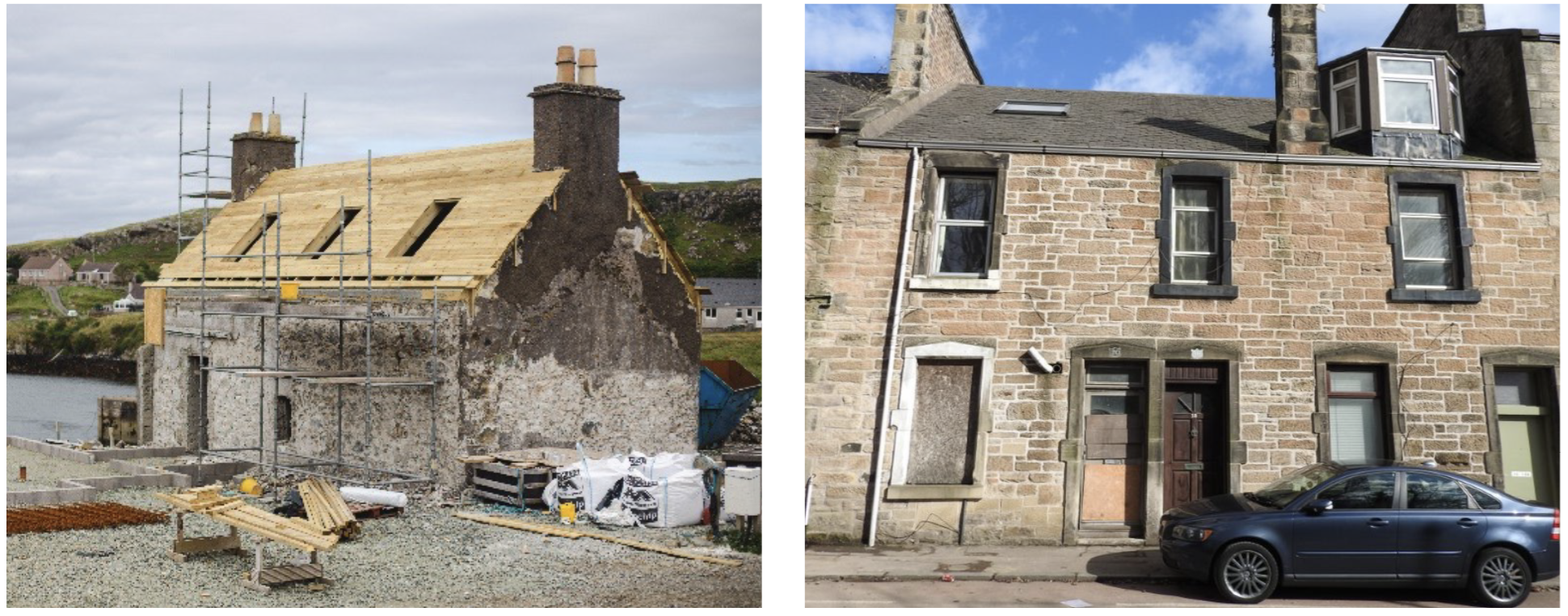What happens to homes brought back into use
Just as empty homes come in all shapes, sizes and places – from remote island locations and houses that have been empty for a decade or longer, to tenements and apartments in various states of repair and disrepair in city centres – there are also a large variety of outcomes when properties are brought back to use.

Sometimes, the home may not immediately be occupied, usually where the property bought is in a state of disrepair, and the first task for a new owner is to completely overhaul the interior, possibly also changing it from one home into a group of apartments. Other times, new owners may move in straight away, contributing to the local economy as they decorate their first home and discover shops, bars and restaurants in their new neighbourhood. Increasingly, we are also seeing empty homes being brought back into use by local authorities through buyback schemes, or by housing associations and other organisations looking to increase the supply of social and affordable homes at local level.
The case studies in this report include ones from a range of initiatives that have helped to increase social and affordable housing provision across Scotland. They also include homes that stood empty for decades and are now owned and occupied by people with a passion for creating their own unique space. The case studies highlight how, just as there are a variety of reasons why homes become or remain empty, and a variety of homes that are empty, there are also a variety of ways that they are returned to use with EHO assistance, and a variety of people whose lives are changed by moving into a formerly empty house and making it their home.
